Verhalten in Organisationen und Unternehmenserfolg
Die Forschungsgruppe untersucht, wie sich nicht-monetäre Arbeitsplatzcharakteristika (z. B. Mitsprache am Arbeitsplatz oder die wahrgenommene Sinnhaftigkeit der Arbeitsaufgabe) und Managerentscheidungen (z. B. bezogen auf Entlassungen) auf die Motivation der Arbeitnehmer auswirken. Der methodische Schwerpunkt der Gruppe liegt auf der Durchführung von (Feld-)Experimenten. Diese ermöglichen nicht nur eine exakte Messung des Arbeitseinsatzes; vor allem können Leistungsänderungen durch konstant gehaltene Bedingungen allein auf die Intervention des Experimentators zurückgeführt werden.
Forschungscluster
Produktivität und InstitutionenIhr Kontakt

Mitglied - Abteilung Gesetzgebung, Regulierung und Faktormärkte
Referierte Publikationen
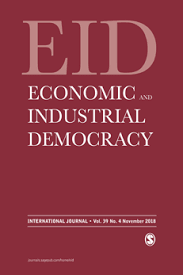
Paid Vacation Use: The Role of Works Councils
in: Economic and Industrial Democracy, Nr. 3, 2021
Abstract
The article investigates the relationship between codetermination at the plant level and paid vacation in Germany. From a legal perspective, works councils have no impact on vacation entitlements, but they can affect their use. Employing data from the German Socio-Economic Panel (SOEP), the study finds that male employees who work in an establishment, in which a works council exists, take almost two additional days of paid vacation annually, relative to employees in an establishment without such institution. The effect for females is much smaller, if discernible at all. The data suggest that this gender gap might be due to the fact that women exploit vacation entitlements more comprehensively than men already in the absence of a works council.
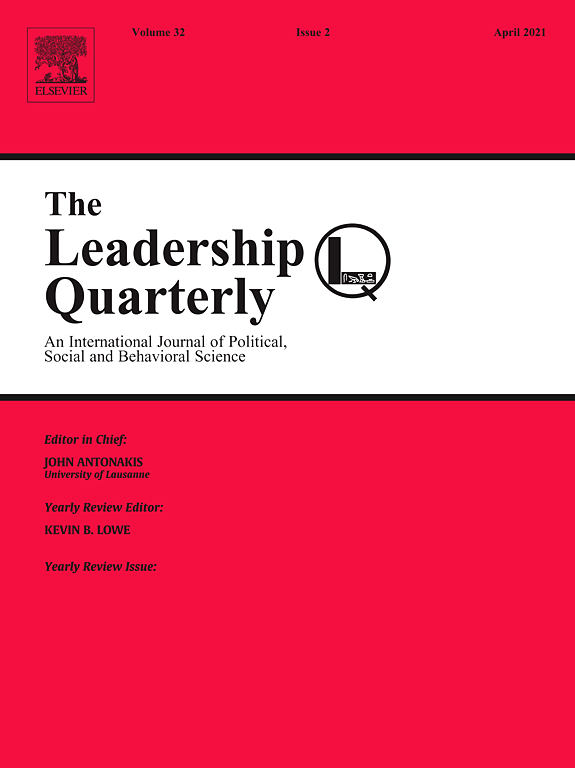
“The Good News about Bad News”: Information about Past Organizational Failure and Its Impact on Worker Productivity
in: Leadership Quarterly, Nr. 3, 2021
Abstract
Failure in organizations is very common. Little is known about whether leaders should provide information about past organizational failure to followers and how this might affect their future performance. We conducted a field experiment in which we recruited temporary workers to carry out a phone campaign to attract new volunteers and randomly assigned them to either receive or not to receive information about a failed mail campaign pursuing the same goal. We find that informed workers performed better, regardless of whether they had previously worked on the failed mail campaign or not. Evidence from a second field experiment with students asked to support voluntarily a campaign for reducing food waste corroborates the finding. We explore the role of leadership tactics behind our findings in a third online survey experiment. We conclude that information about past failure is unlikely to have a negative impact on work performance, and might even lead to performance improvement. Implications for future research on the relevance of leadership tactics when giving such information are discussed.
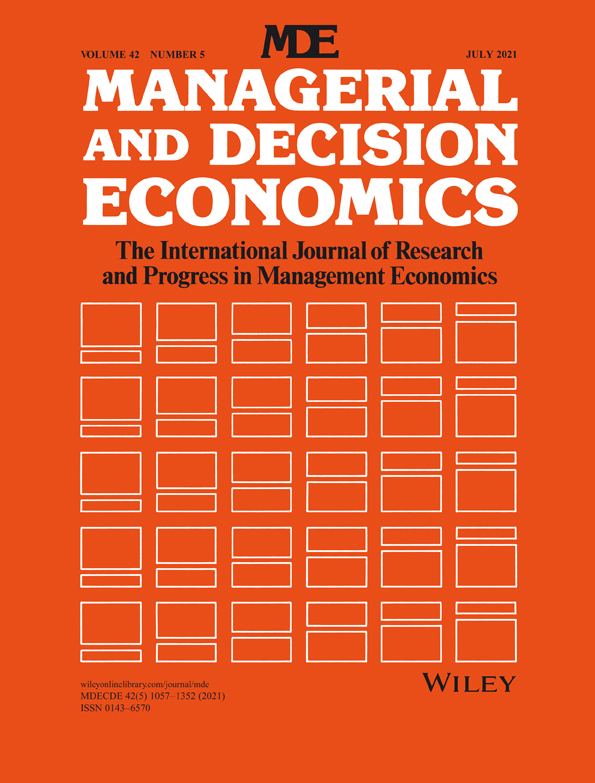
Unethical Employee Behavior Against Coworkers Following Unkind Management Treatment: An Experimental Analysis
in: Managerial and Decision Economics, Nr. 5, 2021
Abstract
We study unethical behavior toward unrelated coworkers as a response to managerial unkindness with two experiments. In our lab experiment, we do not find that subjects who experienced unkindness are more likely to cheat in a subsequent competition against another coworker who simultaneously experienced mistreatment. A subsequent survey experiment suggests that behavior in the lab can be explained by individuals' preferences for norm adherence, because unkind management behavior does not alter the perceived moral appropriateness of cheating. However, having no shared experience of managerial unkindness opens up some moral wiggle room for employees to misbehave at the costs of others.
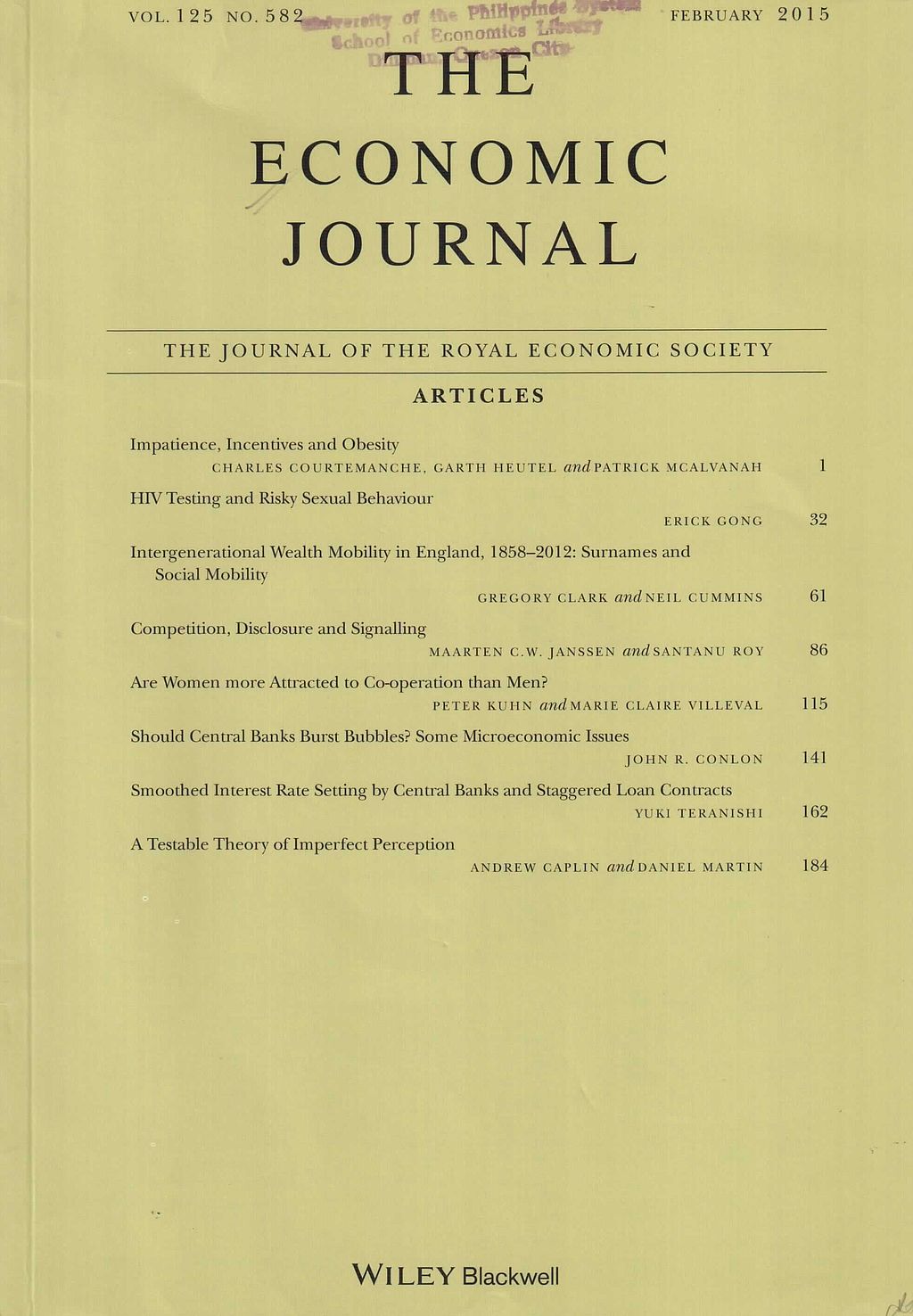
Measuring the Indirect Effects of Adverse Employer Behaviour on Worker Productivity – A Field Experiment
in: Economic Journal, Nr. 632, 2020
Abstract
We conduct a field experiment to study how worker productivity is affected if employers act adversely towards their co-workers. Our employees work for two shifts in a call centre. In our main treatment, we lay off some workers before the second shift. Compared to two control treatments, we find that the lay-off reduces the productivity of unaffected workers by 12%. We find suggestive evidence that this result is not driven by altered beliefs about the job or the management’s competence, but caused by the workers’ perception of unfair employer behaviour. The latter interpretation is confirmed in a prediction experiment with professional HR managers. Our results suggest that the price for adverse employer behaviour goes well beyond the potential tit for tat of directly affected workers.
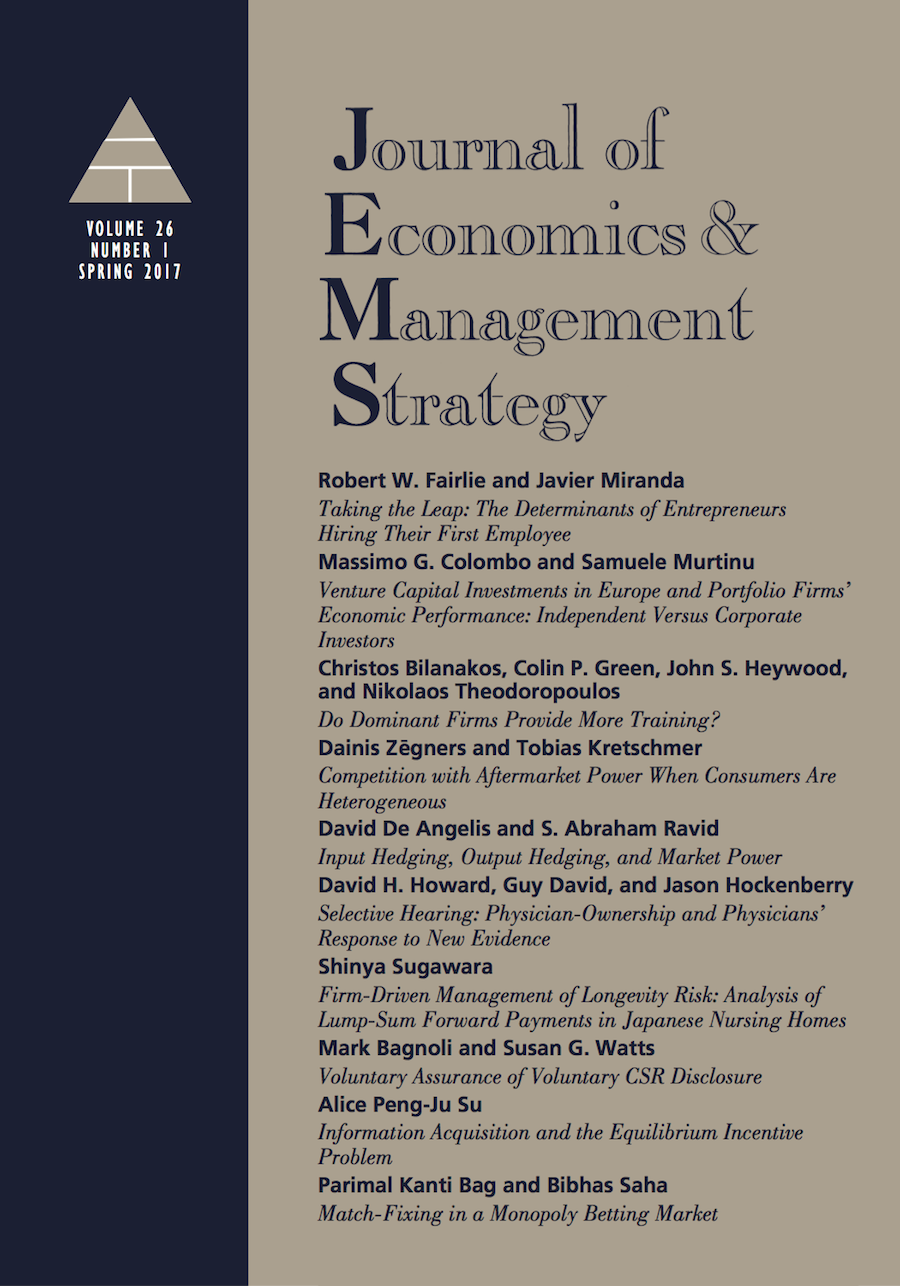
Wage Delegation in the Field
in: Journal of Economics and Management Strategy, Nr. 4, 2019
Abstract
By conducting a natural field experiment, we analyze the managerial policy of delegating the wage choice to employees. We find that this policy enhances performance significantly, which is remarkable since allocated wage premiums of the same size have no effect at all. Observed self‐imposed wage restraints and absence of negative peer effects speak in favor of wage delegation, although the chosen wage premium levels severely dampen its net value. Additional experimental and survey data provide important insights into employees' underlying motivations.







